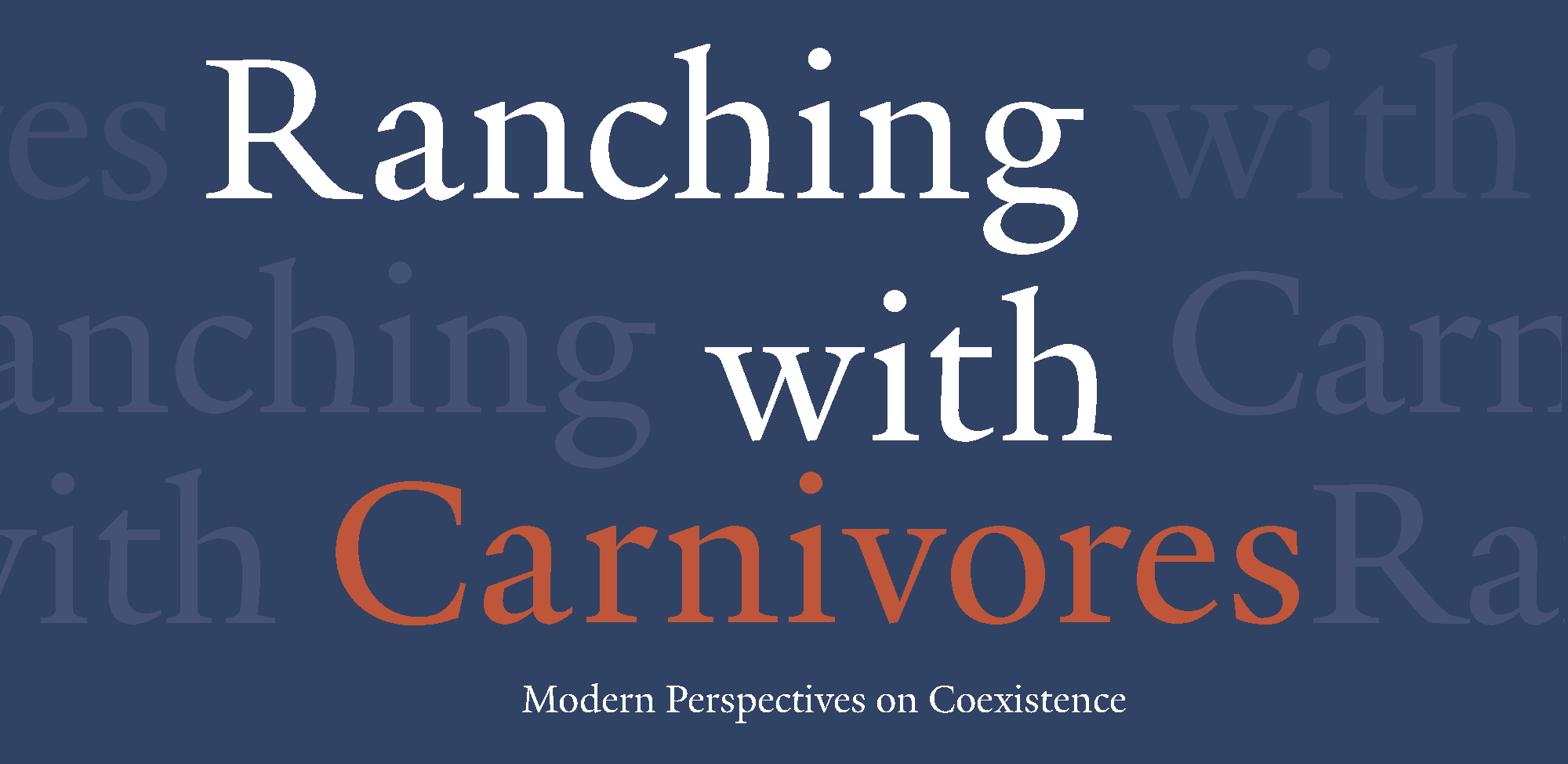For conservationists and ranchers in the American West, few issues are more polarizing than the presence of large carnivores. Simultaneously celebrated as the symbol of wildness and vilified as an existential threat to livelihoods, carnivores such as wolves, bears, and mountain lions are the subject of a heated debate that has attracted increasing national attention.
This week, the Ucross High Plains Stewardship Initiative (UHPSI) will host a symposium to explore these complex and contentious issues. The symposium,
Ranching with Carnivores: Modern Perspectives on Coexistence, which will be held Friday, Feb. 3 in Kroon Hall at the Yale School of Forestry & Environmental Studies (F&ES), is free and open to the public. Preregistration is required.
The symposium will bring together conservationists, scientists, ranchers, and other stakeholders from throughout the Rocky Mountain West, people who, unlike most Americans, actually have to live with these predators.
“We’re trying to demonstrate the range of different perspectives that are playing out on the ground in real time,” said student organizer
Elizabeth Domenech ’17 M.E.M.
The symposium begins at 6 p.m. Thursday, Feb. 2 with a special rough-cut screening of “The Range Riders,” a documentary about ranchers dealing with the expanding wolf population in the western U.S., a part of the country defined by both deep attachment to the land and also the ideal of rugged individualism. After the film,
Matt Barnes, field and research coordinator at People and Carnivores and one of the individuals featured in the film, will take audience questions.
On Friday, the symposium opens at noon with a welcome by F&ES Dean,
Indy Burke, and UHPSI director,
Charlie Bettigole, followed by a series of breakout sessions on topics ranging from carnivore ecology, to how ranchers deal with loss and compensation, to strategies for reducing predation of livestock. Speakers include
Dan Thompson, head of the Large Carnivore Management Section at the Wyoming Game and Fish Department;
Penny Maldonado, executive director of the Cougar Fund;
Ben Goldfarb ’13 M.E.M., an environmental journalist and correspondent at
High Country News; and
Mikael Cejtin ’16 M.E.Sc., who has studied carnivores throughout the U.S. and in Patagonia. The event concludes with a panel discussion in Burke Auditorium moderated by
Oswald Schmitz, Oastler Professor of Population and Community Ecology at F&ES.
In addition, attendees will have an opportunity to hear directly from ranchers struggling to protect their livestock from predation. “For ranchers living off the land and off their livestock, it’s creating huge issues,” Domenech said. “One of the ranchers coming [to the symposium] lost half of her herd of goats to a single mountain lion in the past year.”
UHPSI is a science-driven research program at F&ES dedicated to improving land stewardship in the American West. Working in close coordination with a network of ranchers, NGO’s, government organizations, and academics, UHPSI supports Ph.D., master’s, and undergraduate students, led by a full-time staff andfaculty director
Chadwick Oliver, Pinchot Professor of Forestry and Environmental Studies at F&ES.
